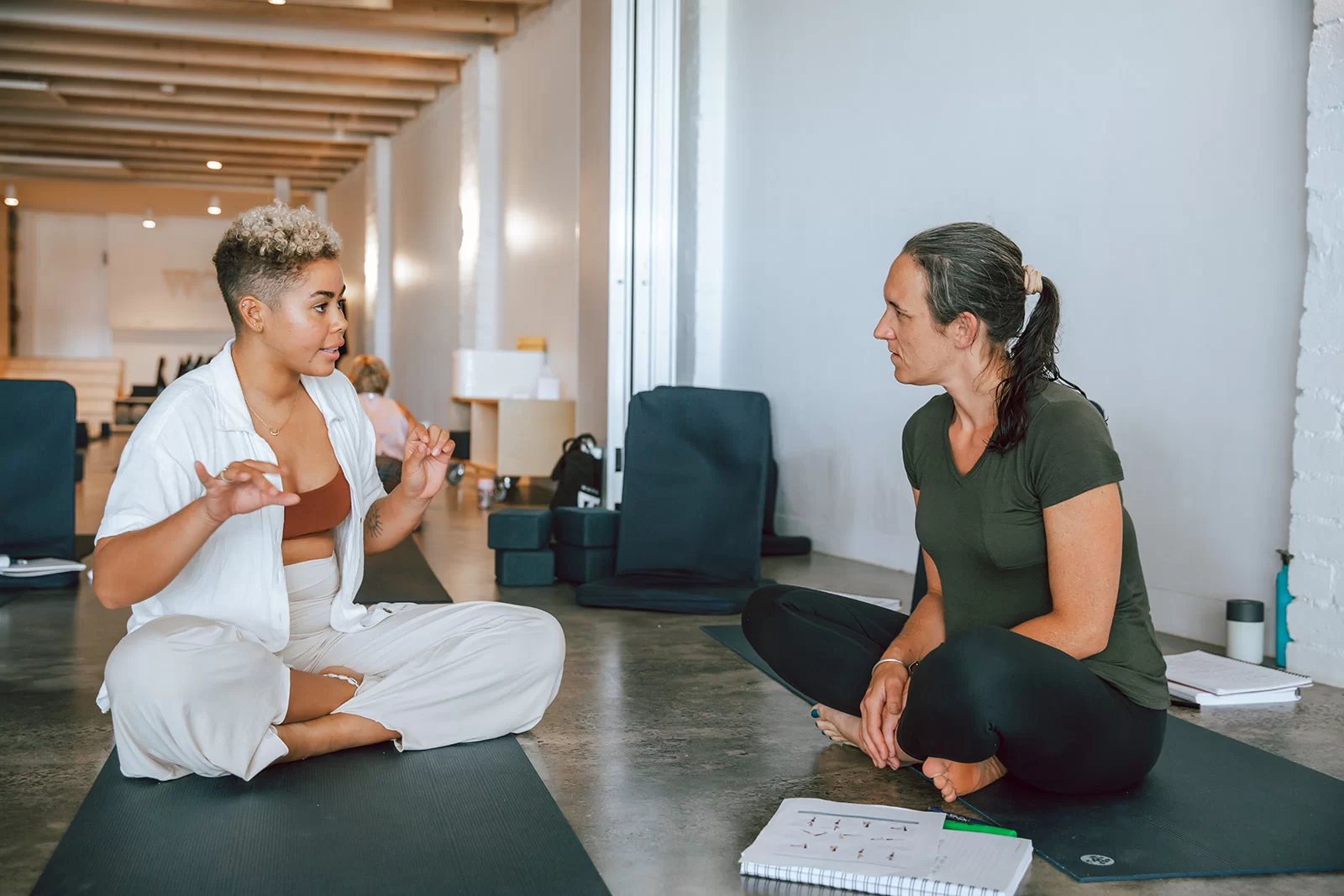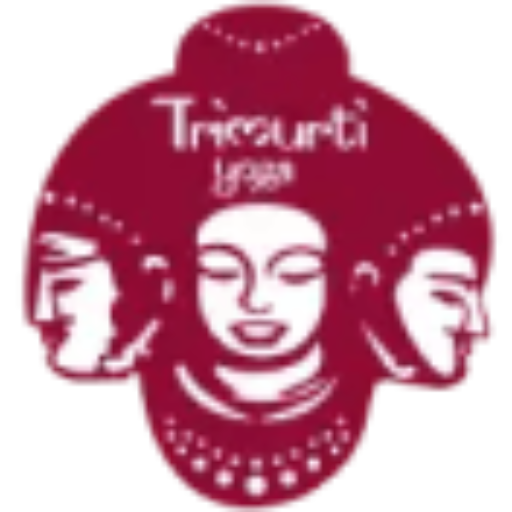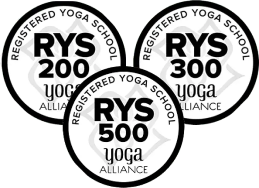
Congratulations on completing your Yoga Teacher Training in Bali! This is a significant milestone in your journey as a yogi, and it opens up a world of possibilities for you. Now that you have acquired the necessary knowledge and skills to guide others in their yoga practice, you may be wondering, “What’s next after completing my Yoga Teacher Training?” In this article, we will explore various paths you can take to further enhance your yoga teaching career and deepen your personal practice.
Table of Contents
ToggleAdvanced Yoga Teacher Training
One option to consider after completing your Yoga Teacher Training is pursuing 300 Hour Yoga Teacher Training in Bali .This allows you to delve deeper into specific areas of yoga that interest you. Whether it’s prenatal yoga, restorative yoga, or yoga therapy, advanced training programs provide you with specialized knowledge and skills to cater to specific populations or address specific needs. Advanced teacher training can significantly expand your teaching repertoire and make you a sought-after instructor.
Workshops and Retreats
Attending workshops and retreats is an excellent way to continue your education and gain new insights. These events are often led by renowned Yoga Teacher Training who offer unique perspectives and practices. Workshops and retreats provide opportunities for you to refine your teaching skills, learn new sequences and techniques, and connect with a wider yoga community. Additionally, attending such events can be a source of inspiration and personal growth.
Expanding Your Teaching Reach
Teaching at Yoga Studios
One of the most common paths for yoga teachers after completing their training is to teach at yoga studios. Many studios are constantly looking for qualified instructors to join their team. Teaching at a studio allows you to develop a regular teaching schedule, gain experience working with different types of students, and build a reputation within the local yoga community. It\’s important to network with studio owners and attend auditions to increase your chances of securing a teaching position.
Corporate Yoga and Private Sessions
Another avenue to explore is offering corporate yoga classes and private sessions. Corporate yoga involves teaching yoga classes at workplaces, promoting wellness and stress reduction among employees. Private sessions, on the other hand, provide personalized instruction to individuals or small groups. These opportunities allow you to cater to specific needs and provide one-on-one guidance. To tap into these markets, you can reach out to local businesses or market your services online.
Sharing Your Expertise
Writing and Blogging
If you have a passion for writing, consider sharing your knowledge and experiences through writing and blogging. You can start a yoga blog where you discuss various aspects of yoga, offer tips and advice, and share your personal journey. Writing articles and guest posts for other yoga websites and publications can also help you reach a wider audience and establish yourself as an authority in the field. Remember to optimize your content with relevant keywords and provide valuable information to readers.
Online Courses and Video Content
In the digital age, online platforms provide endless possibilities for sharing your expertise. You can create online courses or instructional videos that cater to specific yoga styles or target different skill levels. Platforms like YouTube, Udemy, and Teachable allow you to reach a global audience and provide valuable resources for students who prefer practicing at home. Developing online content requires technical skills, but it can be a rewarding way to reach and impact a larger community.
Frequently Asked Questions
Q: Can I start teaching immediately after completing my Yoga Teacher Training?
A: Yes, you can start teaching yoga right after completing your training. However, it\’s crucial to continue learning and growing as a teacher to provide the best possible guidance to your students.
Q: How can I gain more teaching experience?
A: Gaining teaching experience is essential for your growth as a yoga instructor. You can offer free or donation-based classes at local community centers, gyms, or parks to gain experience and build a student following. Additionally, consider volunteering at yoga events or assisting experienced teachers to learn from their expertise.
Q: Should I specialize in a specific style of yoga?
A: Specializing in a specific style of yoga is a personal choice. It can help you stand out and attract students who resonate with that particular style. However, being versatile and knowledgeable in multiple styles can also be advantageous, as it allows you to cater to a wider range of students and adapt to different environments.
Q: How can I promote myself as a yoga teacher?
A: Promoting yourself as a yoga teacher requires effective marketing strategies. Create a professional website where you can showcase your teaching style, qualifications, and class offerings. Utilize social media platforms like Instagram and Facebook to share valuable content, engage with your audience, and promote upcoming workshops or classes. Networking within the yoga community and collaborating with other professionals can also help expand your reach.
Q: Is it necessary to continue my own yoga practice?
A: Absolutely! Continuing your own yoga practice is crucial for personal growth and to stay connected to the teachings. Regular practice allows you to deepen your understanding of yoga, refine your techniques, and embody the principles you teach. It\’s through your own practice that you can authentically guide others on their yoga journey.
Q: Should I consider teaching yoga internationally?
A: Teaching yoga internationally can be a fulfilling experience, allowing you to explore different cultures and share your knowledge with diverse communities. Research opportunities to teach abroad, such as yoga retreats or workshops, and consider the logistics, such as visas and travel arrangements. Teaching internationally can broaden your perspective and provide unique teaching experiences.
Q: What are the benefits of becoming a yoga teacher?
A: Becoming a yoga teacher brings numerous benefits. It allows you to deepen your understanding of yoga philosophy and anatomy, improve your communication skills, and develop leadership qualities. Teaching yoga also provides an opportunity to make a positive impact on people\’s lives, promoting physical and mental well-being. Furthermore, it can offer a flexible schedule and the ability to create a career doing something you love.
Conclusion
Completing your Yoga Teacher Training is just the beginning of a transformative journey. As a yoga teacher, there are endless possibilities for growth, both professionally and personally. Whether you choose to specialize in a specific area, expand your teaching reach, or share your knowledge through writing and online platforms, remember to stay true to your passion for yoga and continue evolving as a dedicated practitioner. Embrace the opportunities that come your way, and enjoy the rewarding experience of guiding others on their yoga path.
We Also Provide These Courses:








